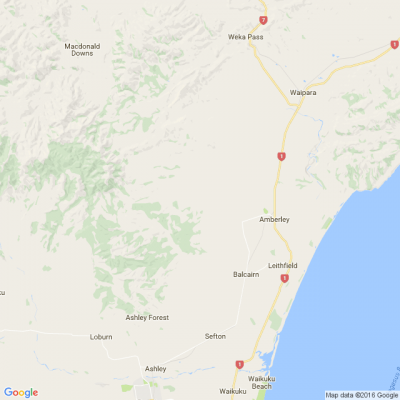
Know what’s happening
Access the private noticeboard for verified neighbours near you. Keep informed about any suspicious activity, send urgent updates to your neighbours when required and discuss emergency planning.
Get to know your neighbours
Browse the directory and start getting to know your neighbours. Don’t want to post to the whole neighbourhood? Send a private message.
Buy, sell and give away
Want to declutter your garage? Buy some used household items? Give away some garden stuff? Become a verified neighbour to browse and post items for sale. Trading is simple when everyone lives nearby.

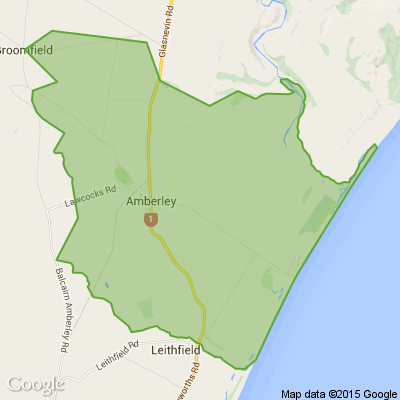

Thank you for using Neighbourly
You may receive an email confirmation for any offer you selected. The associated companies will contact you directly to activate your requests.
The Team from NZ Compare
Experiencing broadband troubles? Our recent neighbourly poll reveals the top two issues: unstable connections and pricey bills!
Don't worry! Check out our latest article for expert tips to solve these issues.
PLUS, use Broadband Compare to compare NZ's best broadband deals & … View moreExperiencing broadband troubles? Our recent neighbourly poll reveals the top two issues: unstable connections and pricey bills!
Don't worry! Check out our latest article for expert tips to solve these issues.
PLUS, use Broadband Compare to compare NZ's best broadband deals & save up to $300/year. Enjoy smoother internet while keeping cash for treats!
Troubleshoot Now

Vicki from Rangiora
Good sized plants. Looks like buxus when grown but grows at twice the speed. Tiny oval dark green leaves. Plant in full sun or semi shade. Ideal plant to shape into balls cones etc perfect for planting now $3.50 per plant
Price: $3.50
Vicki from Rangiora
Great for hedges. Good size. 100s available.$4 per plant.
Price: $4
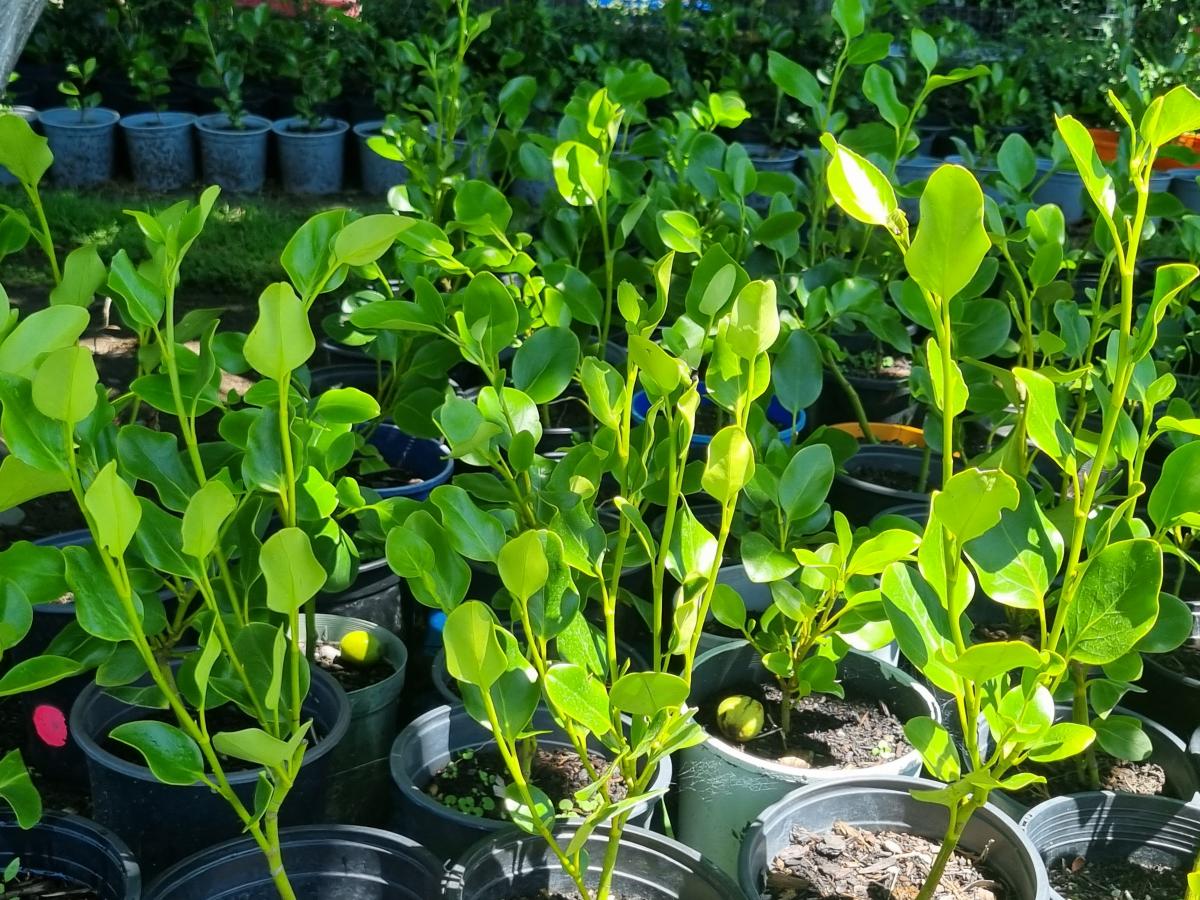
Doug from Rangiora
Beautiful black & green Taffeta silk dress and bolero designed and made by award winning designer Sonya Smith. Includes matching clutch bag and fascinator. Size 12-14. Worn once, Paid over $1500 , asking $750 ono cash, pickup is Rangiora
Price: $750
Charles Upham Retirement Village
Classical crossover singer Rebecca Nelson told a captivated Cambridge audience how the town holds a special place in her heart for several reasons.
Rebecca’s performance was one of three shows lined up to entertain residents and soon-to-be residents of Ryman Healthcare’s Patrick Hogan … View moreClassical crossover singer Rebecca Nelson told a captivated Cambridge audience how the town holds a special place in her heart for several reasons.
Rebecca’s performance was one of three shows lined up to entertain residents and soon-to-be residents of Ryman Healthcare’s Patrick Hogan Village in Cambridge, Hilda Ross Village down the road in Hamilton and James Wattie Village in Havelock North.
Describing her connection to Ryman, she says: “It feels like coming home and performing for friends and family.”
Click read for the full story.

Tina from Rangiora
Monster Garage Sale!!!!!!
Kitty Kingdom are holding a monster garage sale to raise much needed funds for the cats and Kittens in our care.
When?
Saturday 24 February from 9.00am until 3.00pm.
… View moreMonster Garage Sale!!!!!!
Kitty Kingdom are holding a monster garage sale to raise much needed funds for the cats and Kittens in our care.
When?
Saturday 24 February from 9.00am until 3.00pm.
Where?
The McAlpines Pipe Band Hall, in the Rangiora New World car park.
What’s for sale?
Bric-a-brac * heaps of books * adult and children’s clothing * toys * kitchenware* household items * teddy bears * plants * baking * sports items * jewellery * handbags * DVD’s * games * craft items * puzzles * pet toys and pet products * picture frames * cushions * blankets * and more!!!!!
Come and bag yourself a bargain and help us to help the cats and kittens! We look forward to seeing you there!
Please note that no goodies or treasures will be available for sale until the start time of 9.00am.
Donations are still being gathered! If you have clean, saleable items to donate please contact Tina to arrange drop off (027 804 1524). No large furniture items please.
We will have a bake stand and a plant stall at our sale so we are also putting a call out for kind bakers and our supporters of the green fingered variety!

Arthur from Rangiora
In vey good condition. Around the 1950's era. Only $45 cash, or payment by bank transfer. Pickup is in Rangiora.
Negotiable

The Team from NZ Compare
This Valentine’s Day, why not snuggle up with your loved one for a movie night in?
We've curated the ultimate list of the latest romantic flicks and binge-worthy shows to make your evening extra special.
Plus, don't forget to compare broadband options on Broadband Compare for the… View moreThis Valentine’s Day, why not snuggle up with your loved one for a movie night in?
We've curated the ultimate list of the latest romantic flicks and binge-worthy shows to make your evening extra special.
Plus, don't forget to compare broadband options on Broadband Compare for the best streaming deals!

It's back for a fifth year! Recognise the best local businesses in your neighbourhood by nominating them in the 2024 Prospa Local Business Hero Awards.
Whether it's a bakery team who occasionally sneak you an extra sweet treat, a supermarket employee that's helped carry your bags… View moreIt's back for a fifth year! Recognise the best local businesses in your neighbourhood by nominating them in the 2024 Prospa Local Business Hero Awards.
Whether it's a bakery team who occasionally sneak you an extra sweet treat, a supermarket employee that's helped carry your bags to the car or a bookshop that goes out of its way to find the best read just for you. Prospa Local Business Hero helps you show some love to the small businesses with the biggest hearts.
Plus your nomination could help a small business win over $10,000 worth of prizes!
Be a local hero yourself; give your favourite local business owner the recognition they deserve by nominating them in the 2024 Prospa Local Business Hero awards.
Nominate now

Kian from Rangiora
Does anyone have something like this they are wanting to sell? Just after something to last me until my alternator is fixed.

If you are still thinking about exterior painting now is the time to get this organised before the end of summer and the cold weather begins. Maybe your interior needs a freshen up there is so much you can do to change the look of your home with colours or wallpaper.
Get in touch with Andy and the… View moreIf you are still thinking about exterior painting now is the time to get this organised before the end of summer and the cold weather begins. Maybe your interior needs a freshen up there is so much you can do to change the look of your home with colours or wallpaper.
Get in touch with Andy and the friendly team for a quotation

Rob & Kate from Rangiora
Jars for jam or relish 12 in total all clean and ready to go
Ph 0276088915 Kate
Price: $10
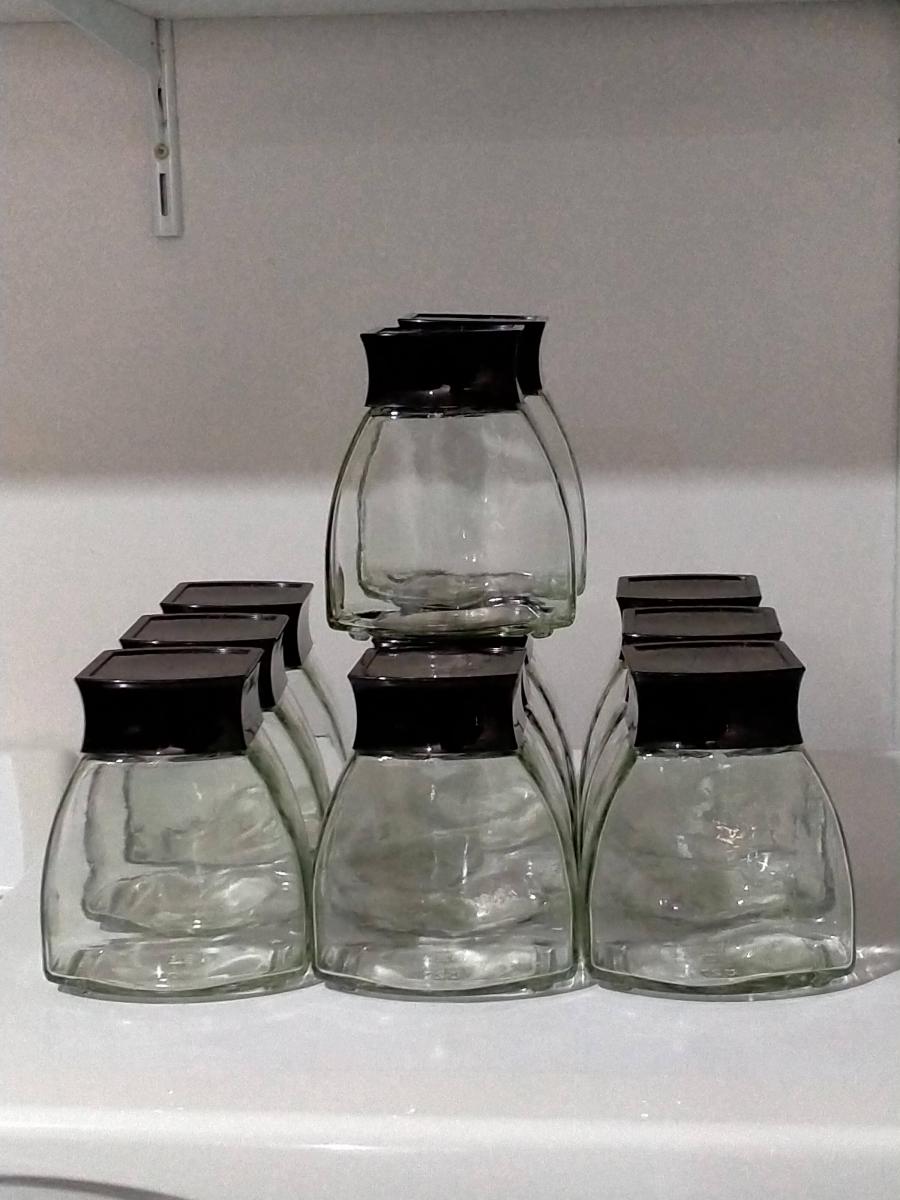
The Team from NZ Compare
Happy Chinese Lunar New Year from the team at NZ Compare!
May your year be as powerful and fortunate as the mighty dragon!
Don't forget to enter our Year of the Dragon contest to WIN 1 of 3 X $50 gift cards.

Vicki from Rangiora
Corokia Gentys Green is hardy New Zealand native plant with a small compact leaf. Very versatile - excellent for background planting, shelter, and clipped hedging. Perfect for hedging or as an individual specimen to add to your garden. Great for boundary.$4 per plant. Around 100 available. $4 per … View moreCorokia Gentys Green is hardy New Zealand native plant with a small compact leaf. Very versatile - excellent for background planting, shelter, and clipped hedging. Perfect for hedging or as an individual specimen to add to your garden. Great for boundary.$4 per plant. Around 100 available. $4 per plant
Price: $4
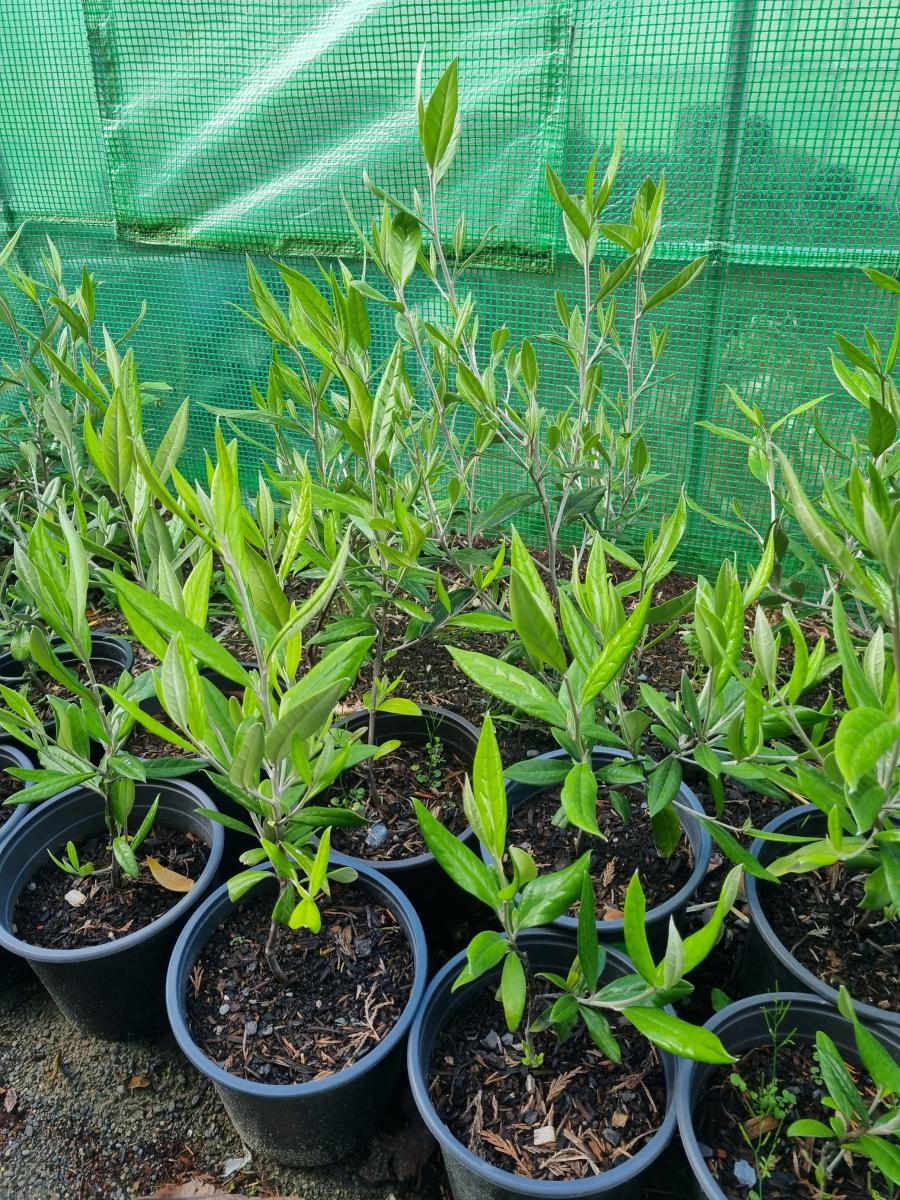
The Team from Resene ColorShop Rangiora
Makeover a stool with Resene paints and reuse as a table or organiser. Find out how to rejuvenate your old furniture with these easy step by step instructions.

 Loading…
Loading…
Are you sure? Deleting this message permanently removes it from the Neighbourly website.
 Loading…
Loading…
© Neighbourly 2025
